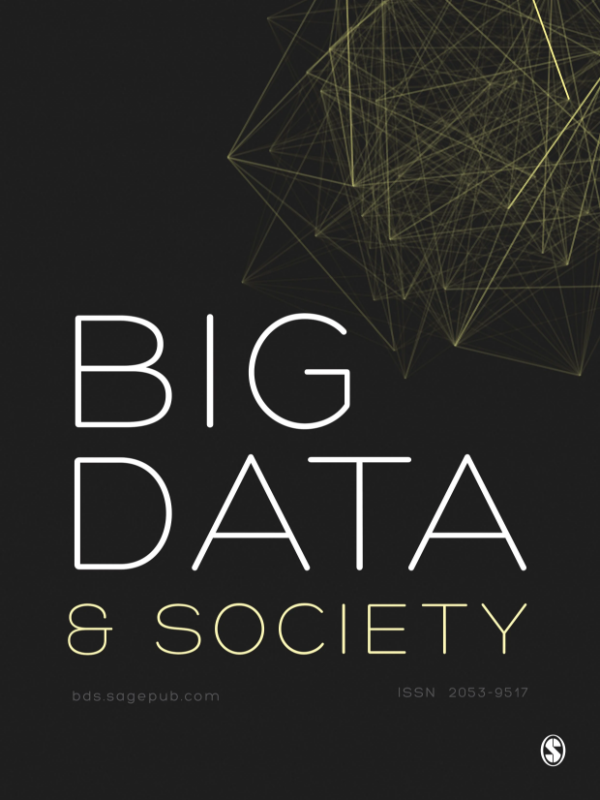Big data-based governance requires both compatible modes of computing data and interoperable databases. While interoperability is often portrayed as a logical imperative, we understand it as socially co-produced within a political choice for algorithmic governance. We use the case of the European Union's border management regime to show how its reconfiguration towards increasing reliance on data governance carries political and societal consequences, specifically the side-lining of civil society. In concrete, we focus on EU-funded Research and Development (R&D) for security, which has seen an increase in projects addressing the realization of interoperability. Based on an original dataset of Civil Society Organization's (CSO) participation in EU security research and a mixed-methods approach combining digital methods, ethnographic methods, and semi-structured interviews, we find that civil society has largely remained side-lined in making interoperability – not as mere unintended consequence, but by design. Additionally, and in line with our socio-technical approach to the topic, our findings show how interoperability is a polysemic concept that different actors understand in very different ways, opening up for negotiation and political contestation. Although CSOs at times participate in interoperability R&D projects, the political objectives of R&D in terms of achieving interoperability are defined in other spatial and temporal settings outside of the ‘laboratory’ of the project. At a more general level, our findings contribute to uncover the modes in which the public relates with big data governance in the field of security.
Binder, Clemens; Bruno Oliveira Martins & Lise Endregard Hemat (2025) Outside the social making of interoperability: Problematizing the absence of civil society in border security R&D programmes, Big Data & Society 12 (2).










